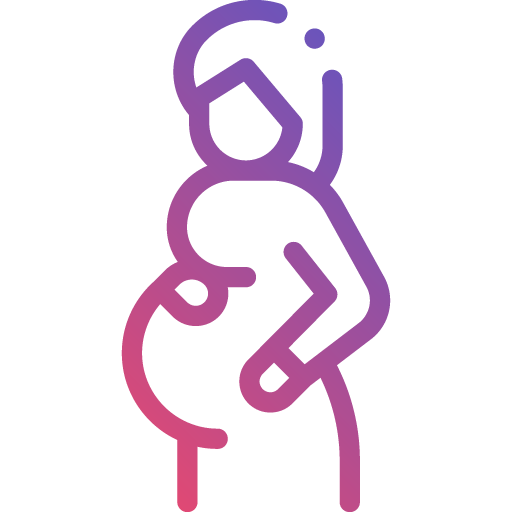Embarking on the journey of adoption can be both exciting and overwhelming. As prospective parents, it’s necessary to familiarize yourself with the various steps involved in the adoption process. Today, I’ll shed light on one significant aspect: the health questionnaire. While the specific questions may vary between agencies, understanding the purpose and common elements of the health form can help alleviate some of the uncertainties. Let’s dive into the details of the health questionnaire and its role in the adoption process.
Understanding the Health Questionnaire:
The health questionnaire is an essential part of the home study process, providing adoption professionals with valuable information about prospective parents’ health and well-being. Each agency may have its own version of the form, but certain aspects remain consistent across the board. At Adoption & Beyond, for example, our health form focuses on gathering an overview of your health without requiring blood work.
Medical Evaluations for Household Members:
One critical requirement is that everyone living in the household, including children, roommates, and other family members, must undergo a medical evaluation. This ensures a comprehensive understanding of the overall health and well-being of the household members involved in the adoption process.
The Purpose of the Health Form:
The primary objective of the health form is to assess whether prospective parents have a normal life expectancy and if they possess any medical conditions that might hinder their ability to parent a child. It aims to ensure that the prospective parents are in good health and capable of providing a nurturing and supportive environment for their future child.
Addressing Chronic Illness:
Prospective parents often wonder if having a chronic illness would prevent them from adopting a child. It’s important to note that chronic illnesses are relatively common, with approximately 60% of Americans living with some form of chronic illness. In most cases, having a chronic illness will not disqualify you from adopting, especially if you have ongoing medical care and your condition is well-managed. The opinion of your physician plays a crucial role in determining your eligibility to adopt.
Mental Illness and Adoption:
Another common concern revolves around mental illness and its impact on the adoption process. The majority of the time, individuals with a mental illness can still pursue adoption. As long as you receive appropriate medical treatment, take prescribed medication, and have a documented history of stability, adopting a child can be a viable option. However, it’s essential to consult with your physician and have them provide an expert opinion on your ability to parent a child effectively.
Adoption and Disabilities:
Prospective parents with disabilities often inquire about their eligibility to adopt. In most cases, individuals with disabilities can adopt a child. However, the final decision relies on the expert opinion of the physician conducting the medical evaluation. If the physician determines that your disability does not hinder your ability to provide proper care and support, you can proceed with the adoption process.
Domestic Adoption vs. International Adoption:
It’s important to note that while domestic adoption processes typically have fewer challenges regarding health-related issues, international adoption may involve stricter regulations and requirements. Some countries have specific rules and criteria, including limitations related to mental health, chronic illnesses, or disabilities. Prospective parents considering international adoption should familiarize themselves with the specific requirements of their desired country.
Navigating the health questionnaire in the adoption process can feel overwhelming, but understanding its purpose and common elements can help ease concerns. Remember, the goal of the health form is to make sure prospective parents are capable of providing a nurturing environment for their adopted child. By working closely with your physician, addressing any concerns, and providing accurate information, you can confidently proceed with the adoption journey.
Watch this week’s video on this topic here.
If you’re ready oo learn more about the types of adoption, Adoption & Beyond’s quiz designed to help you discover all the different ways you can adopt, while also learning the requirements and next steps for each. Learn more here.
This blog post is provided for educational and informational purposes only. Our services are not financial, business or legal advice. The information presented here is not a guarantee that you will obtain any results or earn any money using our content. Adoption & Beyond, Inc. owns all copyrights to the materials presented here unless otherwise noted.









